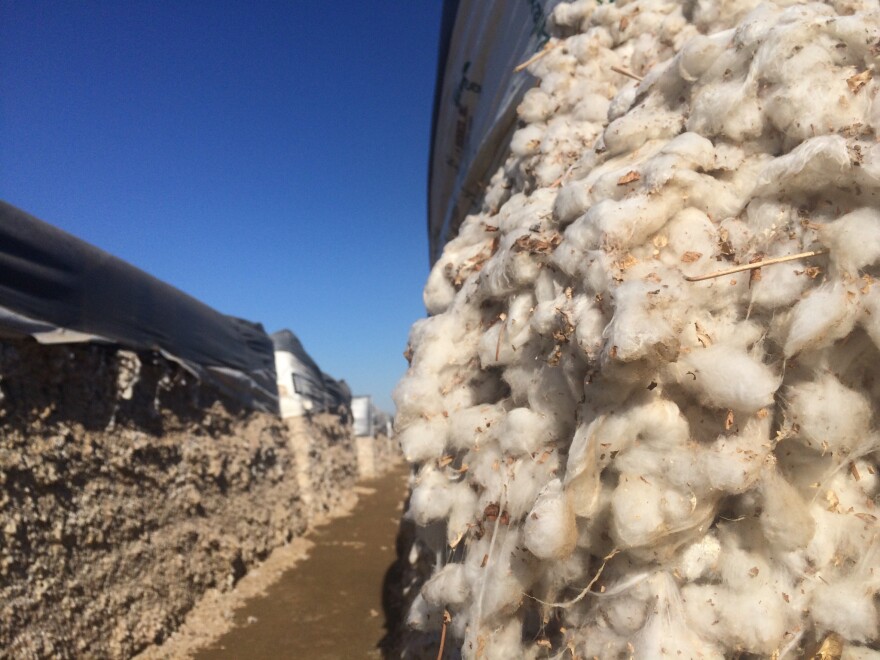FRESNO, Calif. — If you’ve got a cotton hoodie or pair of leggings you’d describe as “buttery soft,” chances are it’s made of pima cotton. And according to the U.S. Department of Agriculture the largest pima producer in the country is Kings County.
“Not too many places can grow it like we do,” said Roger Isom, president and CEO of the California Cotton Ginners and Growers Association.
This year, however, most of the land that would have been planted with pima cotton was underwater, among the 170 square miles submerged when Tulare Lake refilled.
Too much water this year, plus too little water before that, is having ripple effects throughout the industry and community. Isom says at least two cotton processors, known as gins, have had to close their doors in the Valley this year, leaving fewer than two dozen statewide.
“When you take away those gins and those fields, there's a lot of employment that goes along with that,” he said.
Earlier this year, Kings County estimated that more than 39,000 acres of cotton were damaged or destroyed by the lake. Precise losses will be more clear after harvest in October, though Isom warns that still won’t yield the full picture.
“There’s definitely going to be multi-year impacts,” he said. “This was an unprecedented amount of water.”


